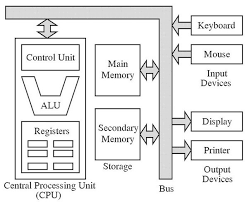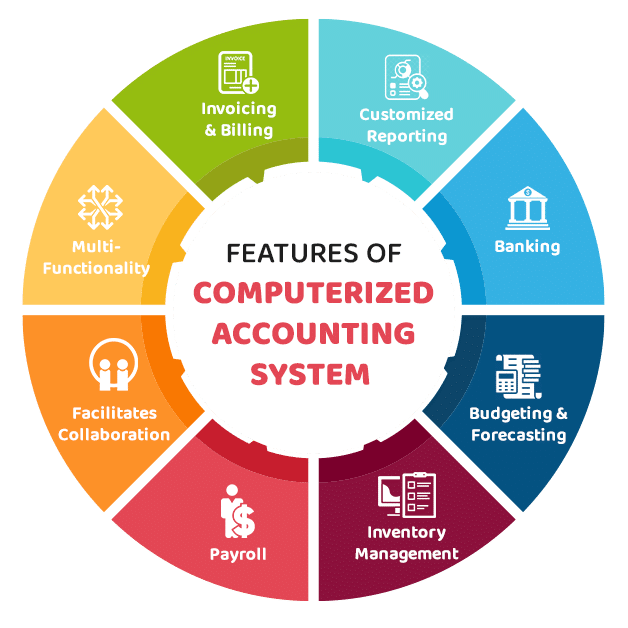NUST eLearning
Search results: 1366
- Lecturer: George Waliomuzibu

This course aims to support students to acquire a deepened understanding of relevant Community-Based Natural Resource Management (CBNRM) principles and components, and the necessary skills, strategies and tools for the effective development and management of communal conservancies, community forests (CFs) and Basin Management Committees (BMCs).
- Lecturer: Clarence Ntesa
- Lecturer: Samuel Dipura
- Lecturer: Angela Apollus
- Lecturer: Kirby Claasen
- Lecturer: Mariette Hanekom
- Lecturer: Beatrice Mutonga
- Lecturer: Angela Apollus
- Lecturer: Mariette Hanekom
- Lecturer: lmmanuel-King Kerii Kenaruzo
- Lecturer: Beatrice Mutonga
- Lecturer: Annete Peter
- Lecturer: Daleen Brand
- Lecturer: Prof Johannes Coetzee
- Lecturer: Prof Johannes Coetzee
- Lecturer: Simeon Amunkete
- Lecturer: Brenda Kahuikee
- Lecturer: Abraham Shilomboleni
- Lecturer: Prof Ambrose Azeta
Dear students welcome for the course Complex Analysis (CAN702S).
I am hoping you will enjoy this course and I advise you to practice
and do problems to master the course materials.
- Lecturer: Dr Nega Chere
- Lecturer: Dr Dibaba Gemechu
This course forms part of the fourth-year curriculum for the Programme of Human Nutrition. This course is based on both theory and practical and aims to provide students with knowledge and skills on how to utilise computer software to solve problems and manage nutritional programmes.
- Lecturer: Fiina Namukwambi
- Lecturer: George Waliomuzibu
Please enter course description here...
- Lecturer: Uaurika Kahireke
- Lecturer: Samuel Dipura

Computer Architecture and Organization aims to develop a deeper understanding of the hardware environment upon which all of computing is based, and how a hardware layer is interfaced to the software layers that comprise the applications that perform modern computing. Students need to understand computer architecture to develop programmes that can achieve high performance through a programmer’s awareness of hardware functional components, their characteristics and limitations. In selecting a system to use, students should be able to understand the trade-offs among various components, such as CPU clock speed, cycles per instruction, memory size, and average memory access time
- Lecturer: Andreas Amukwa
- Lecturer: Sepiso Chikuruwo
- Lecturer: Nghidulika Jackson
- Lecturer: Petrus Katambo
- Lecturer: Immanuel Nampala
- Lecturer: Julius Silaa
- Lecturer: Mbaunguraije Tjikuzu

This course is designed to provide knowledge and skills necessary to computerise manual accounting procedures. Proper record-keeping using any accounting package is essential and enables one to produce financial statements of an organisation.
- Lecturer: Linda Kambonde
- Lecturer: Calistus Mahindi
- Lecturer: Helmut Namwandi
- Lecturer: Annete Peter

This course is designed to provide knowledge and skills necessary to computerise manual accounting procedures. Proper record-keeping using any accounting package is essential and enables one to produce financial statements of an organisation.
- Lecturer: Henrietha Beukes
- Lecturer: Toivo Elago
- Lecturer: Linda Kambonde
- Lecturer: Calistus Mahindi
- Lecturer: Helmut Namwandi
- Lecturer: Himeezembi Hengari
